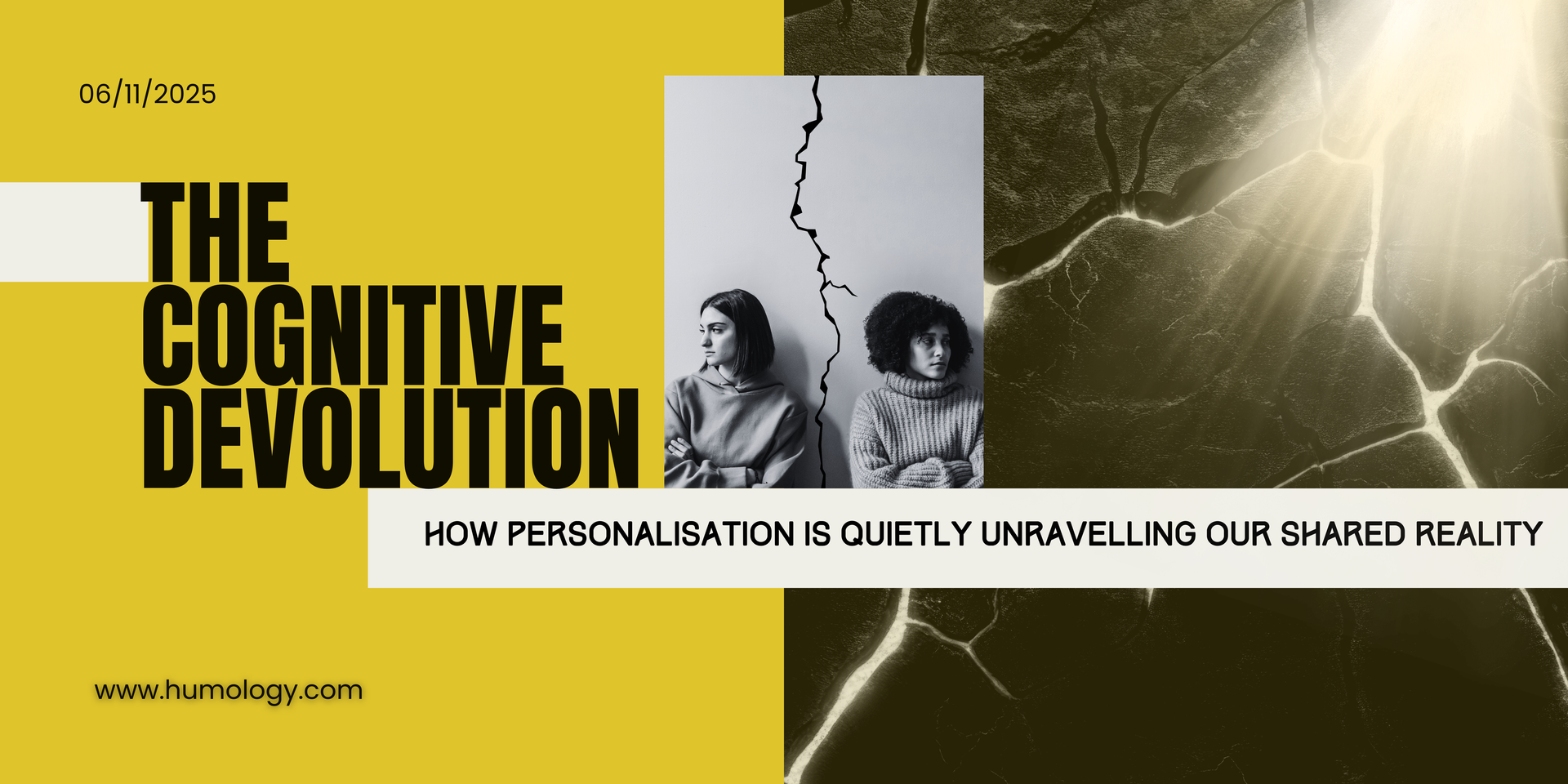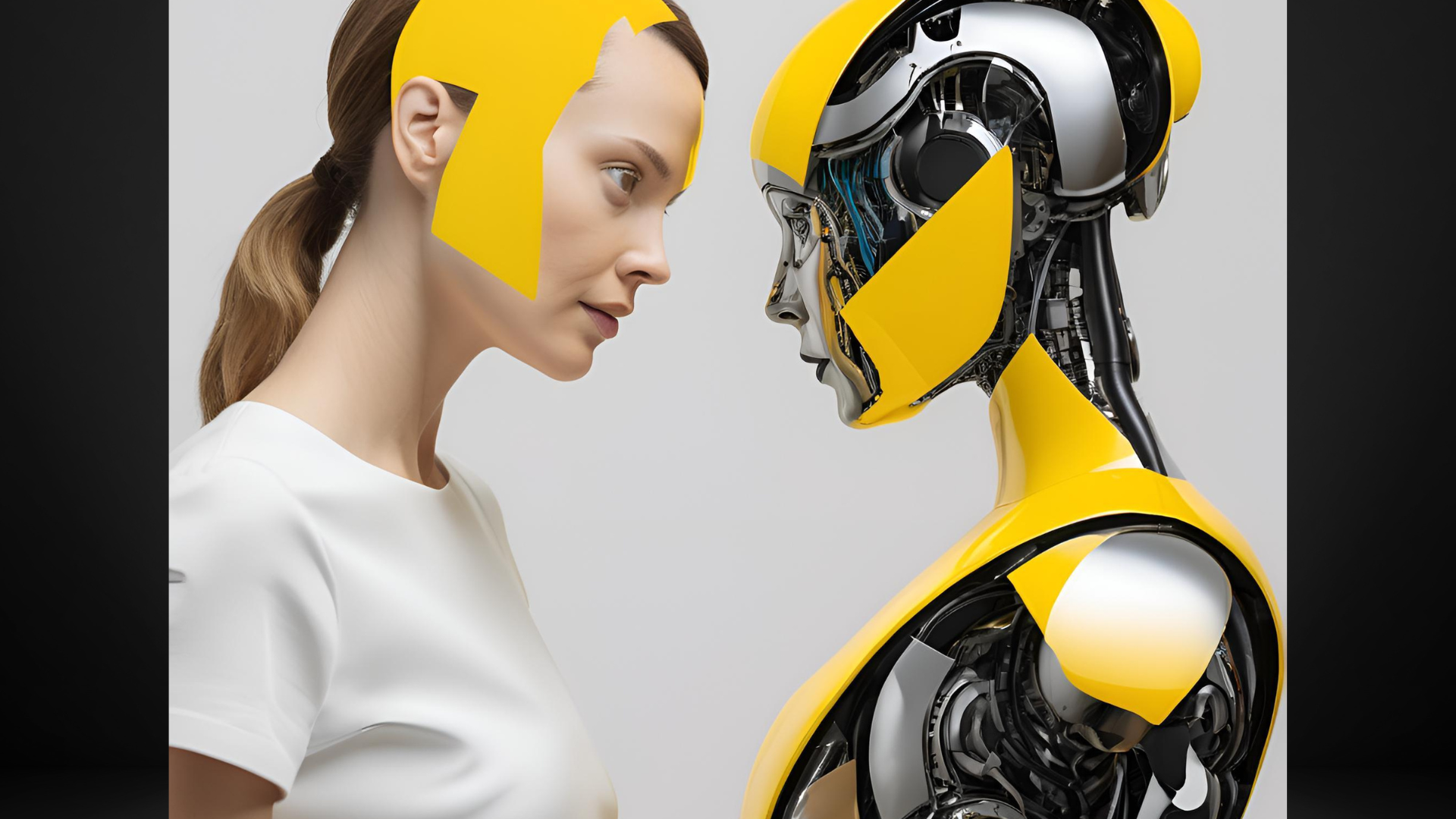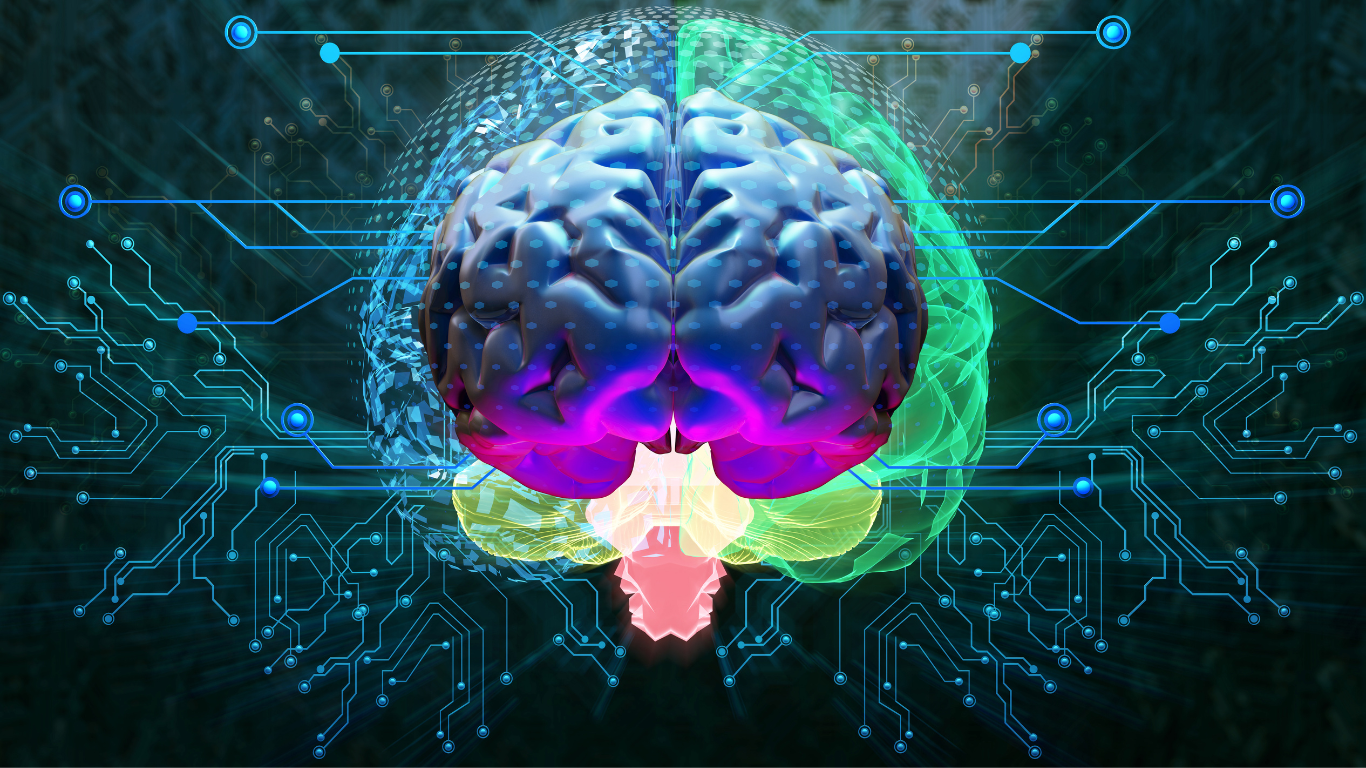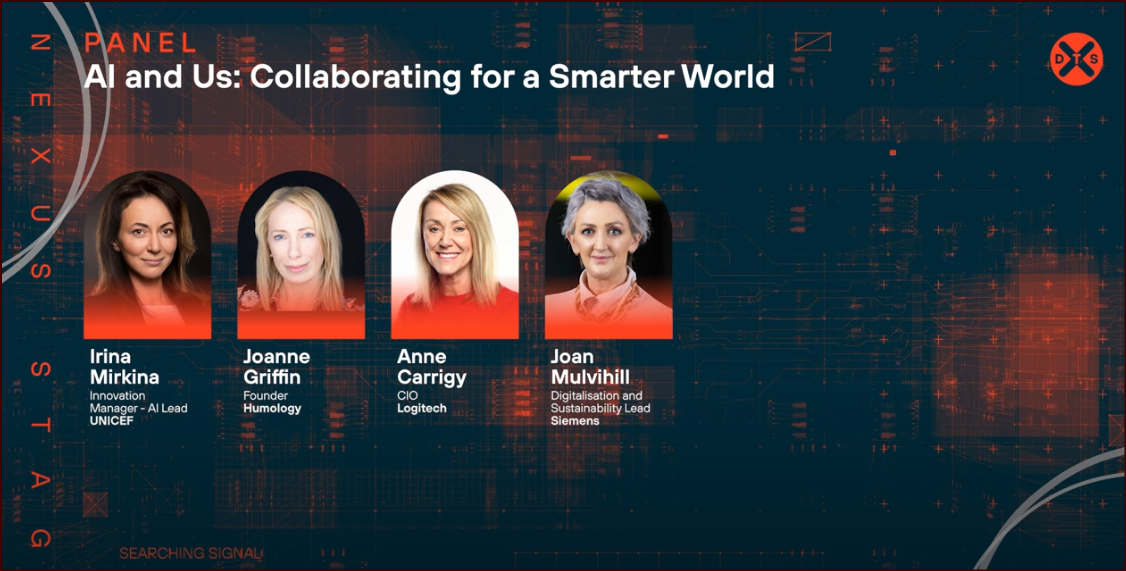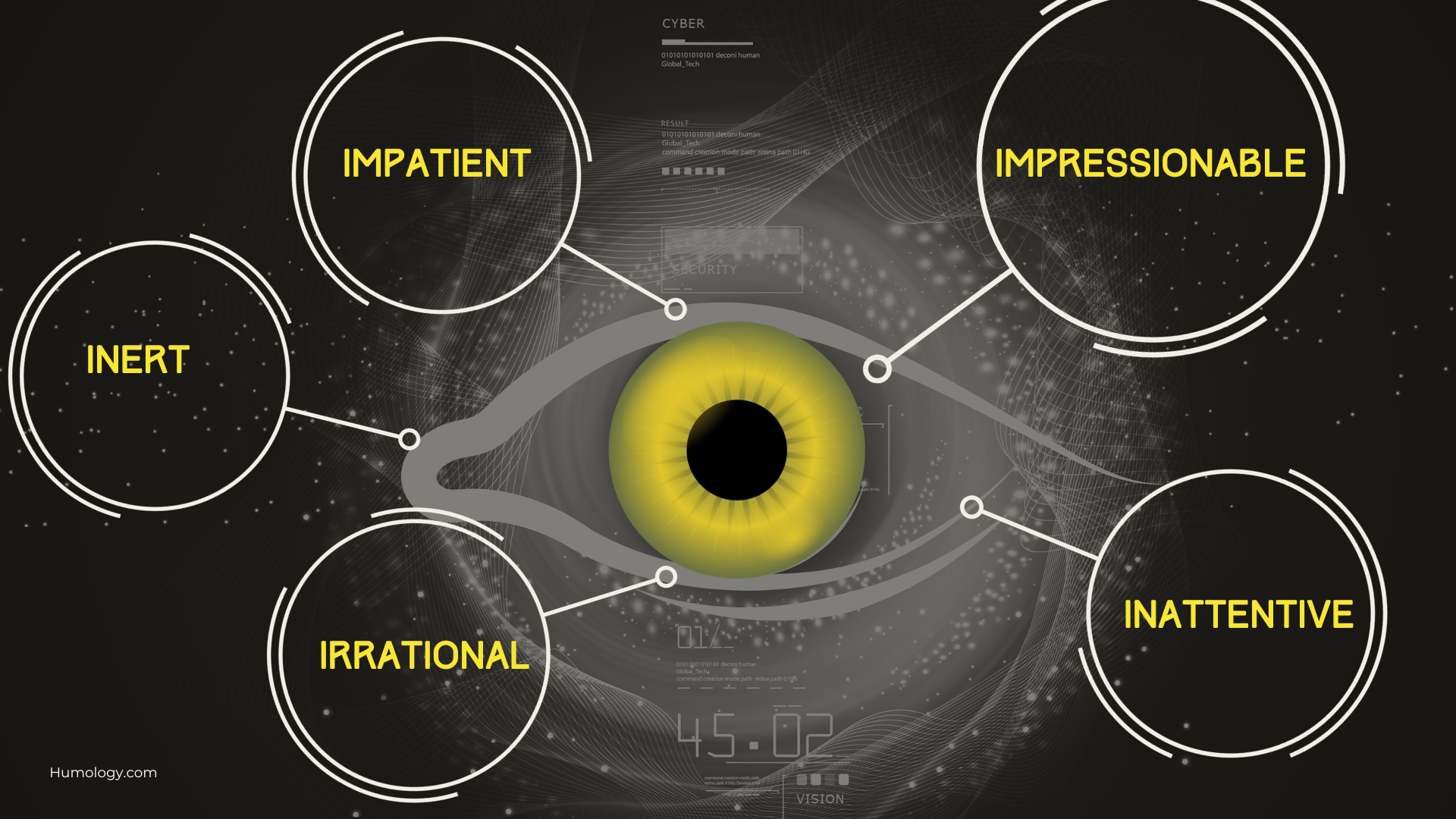Hacked, Hooked or Harvested? Change is coming…

I’ve been fascinated with how our relationship with technology is evolving over the past 20 years. By far the most intriguing aspect of this relationship is the power we willingly hand over to technology companies. Throughout the debate about ethical AI and tech, we cry foul at Zuckerberg and his kin for abusing the power we gave them, dishonouring the trust we so freely offered, and making huge amounts of money without so much as a token offered to us for our loyalty.
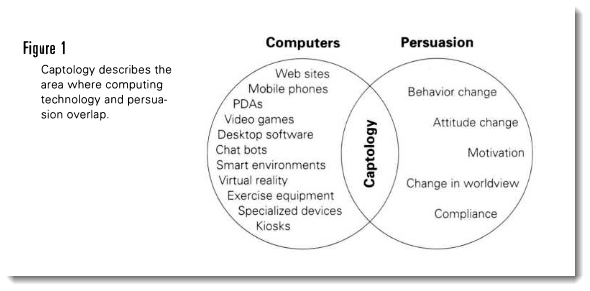
BJ Fogg coined the term ‘Captology’ as an acronym based on the phrase ‘ C omputers A s P ersuasive T echn ologies ’ — Captology focuses on the design, research, and analysis of interactive computing products created for the purposes of changing people’s attitudes or behaviors.
The essence of a persuasive technology is in its interactivity — the ability to adjust the psychological influence tactics along the user journey. These days we call this personalization, or my preferred term individualized curation.
The Cost of Curation
The world is becoming increasingly noisy with millions of shiny objects vying for our limited attention every minute. Curation is simply a coping mechanism in a world where our eyes and attention have become a currency all of their own. In an effort to prevent overwhelm, we have drafted in outsourced help offered by Netflix recommendations, Amazon ads, Facebook suggestions, recommended Tweets, LinkedIn newsfeeds and TikTok trends, without costing us a cent. Sounds like a good deal, right?
Assuming these platforms have our best interests at heart, we confidently hand them over a spare key to our headspace so they can come and go as they please. Even if they rummage around while we’re not there, there’s nothing of real value to steal, nothing to hide, and they won’t tell everyone how messy the place is. They even offer me cookies to bring with me as I go about my daily chores!
Oh how innocent we were!
A perfect storm of cloud storage capabilities, data availability and machine learning competencies has fuelled the Internet of Behaviours . In this model, we provide the data in return for ‘free’ services. We have turned something previously worthless (our likes, thoughts, intentions) into something of great value — an incredible innovation story! However, as we arrive today at a point of digital-dependence, with technology deeply entwined in our everyday lives, we must examine how much we value trust and how much we value the services provided by this industry. A recalibration needs to happen urgently before trust is eroded for good.
When tech companies exploit customers, they risk undermining trust in the entire digital ecosystem
Forty-one percent of U.S. consumers regularly delete cookies, and 30% have installed an adblocker. And, while regulation has been slow to react, many new regulations are well under way. One of the most well-known pieces of legislation was the 2018 General Data Protection Regulation (GDPR), which substantially expanded data privacy requirements in the EU. More recently, European regulators have begun to call for a complete ban on ad targeting , both the states of Virginia and California have passed comprehensive privacy bill s, and Google Chrome announced plans to end its support of third-party cookies altogether by 2022.
Forging the Road Ahead
As third-party cookies are phased out, you’re likely hearing more and more talk about first-party data. And if you’re in the marketing and publisher worlds, then you’ve also probably heard of zero-party data.
Zero-party data is data that a customer intentionally and proactively shares with a brand, which can include preference center data, purchase intentions, personal context, and how the individual wants the brand to recognize her .
Consumers remain in need of curation and our interest in personalized content is higher than ever. In fact, a recent survey of more than 5,000 global respondents found a 33% year-over-year increase between 2020 and 2021 in the number of consumers interested in personalized offers. Zero-party data makes it possible to offer much better personalization than cookies ever could (without the privacy issues).
Customers are happy to receive ads and product offers that have been effectively matched to their needs — we just don’t want their data to be collected in an opaque, insecure manner and then sold to the highest bidder. Zero-party data puts customers in control of what information they share and who they share it with, enabling both greater transparency and more effective personalization. For consumers, it holds the promise of a personalized and more relevant experience with brands. In return, brands and businesses receive better insight and a longer-term relationship
Zero-party data represents a new foundation for a relationship built on trust and a value exchange.

